Workshop Schedule
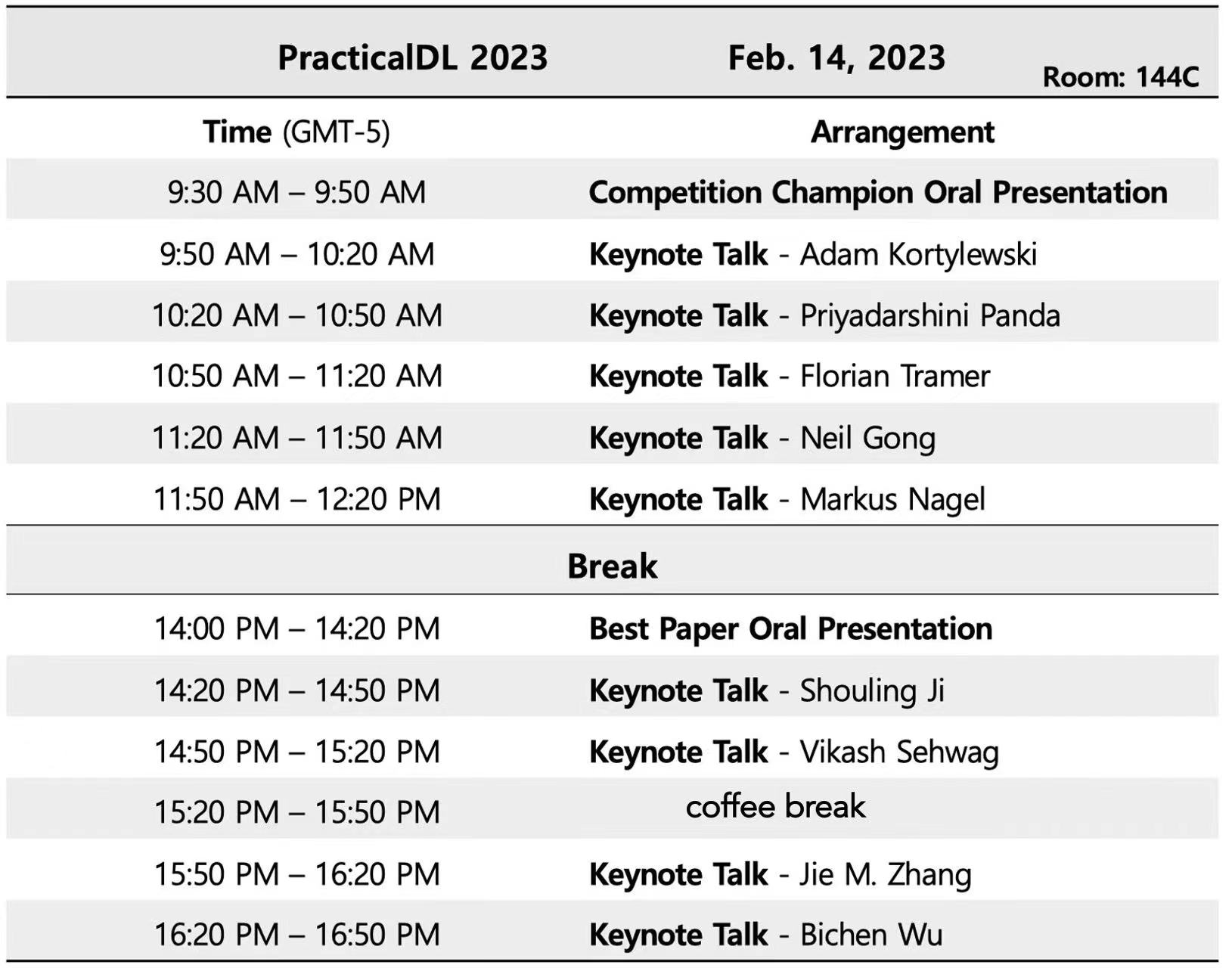

 |
Adam Kortylewski |
|
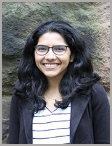 |
Priyadarshini Panda |
|
 |
Florian Tramer |
|
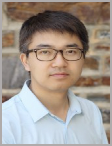 |
Neil Gong |
|
 |
Markus Nagel |
|
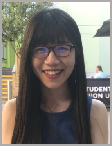 |
Jie M. Zhang |
King's College London |
 |
Vikash Sehwag |
Princeton University |
 |
Shouling Ji |
Zhejiang University |
 |
Bichen Wu |
Meta |
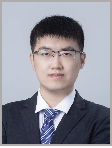 |
Haotong Qin |
|
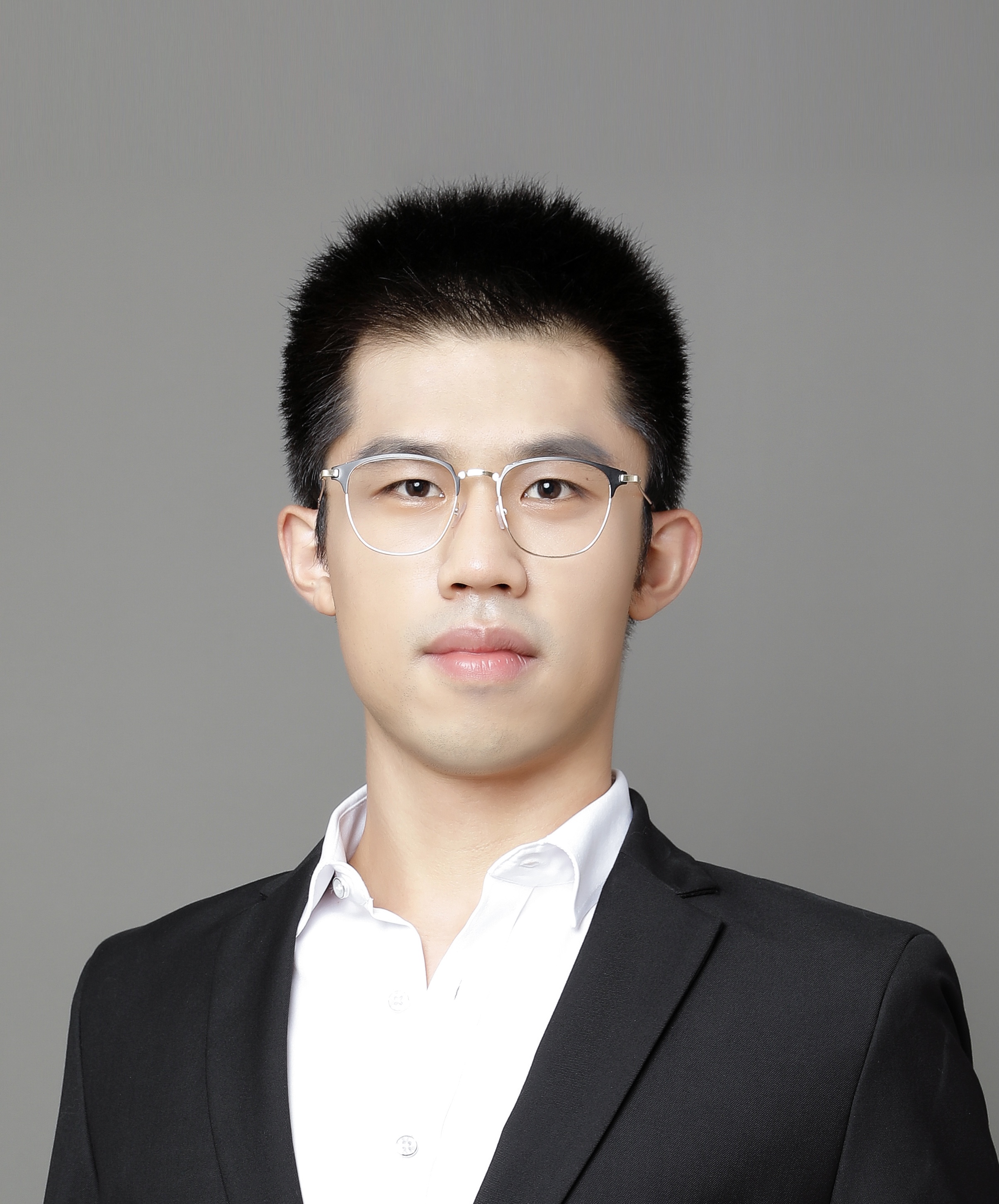 |
Ruihao Gong |
|
 |
Jiakai Wang |
|
 |
Siyuan Liang |
|
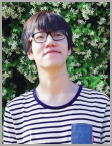 |
Zeyu Sun |
|
 |
Aishan Liu |
Beihang University |
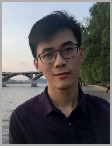 |
Wenbo Zhou |
University of Science and Technology of China |
 |
Shanghang Zhang |
Peking University |
 |
Fisher Yu |
ETH Zürich |
 |
Xianglong Liu |
Beihang University |




1st International Workshop on Practical Deep Learning in the Wild @ AAAI 2022